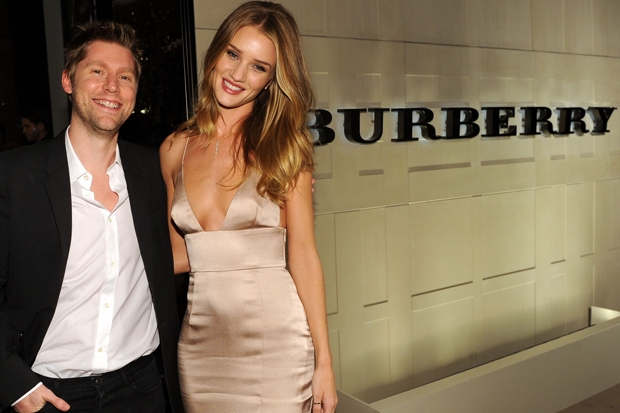There isn’t a single item of Burberry in my wardrobe, I’m afraid, so I was unaware until this week of the fashion genius that is the firm’s chief executive Christopher Bailey, whose £20 million pay deal received a thumbs-down from 53 per cent of shareholders at last week’s AGM. The vote was not binding on the board, however, so Bailey — the Halifax-born carpenter’s son who, I now know, reinvented the trench coat and rescued the classic Burberry check from the chavs who adopted it a decade ago — will get his giant share award anyway. But does he really deserve it?
Though there have been surprisingly few shareholder votes against top executives’ pay (only six in FTSE100 companies since 2002), the current mood is — rightly — for tighter scrutiny, and against excess. In Bailey’s case, we’re reminded that Burberry is a genuinely global brand, that his award was in response to ‘competing job offers’, and that his unique creative work makes him a valuable asset rather than merely a manager — to be compared with Apple designer Sir Jony Ive. But does that really add up to £20 million? And more to the point, what sort of half-baked governance system leaves a majority vote of a company’s owners ‘non-binding’ on the directors who work for them?
This is an extract from an article that first appeared in the print edition of The Spectator magazine, dated 19 July 2014







Comments